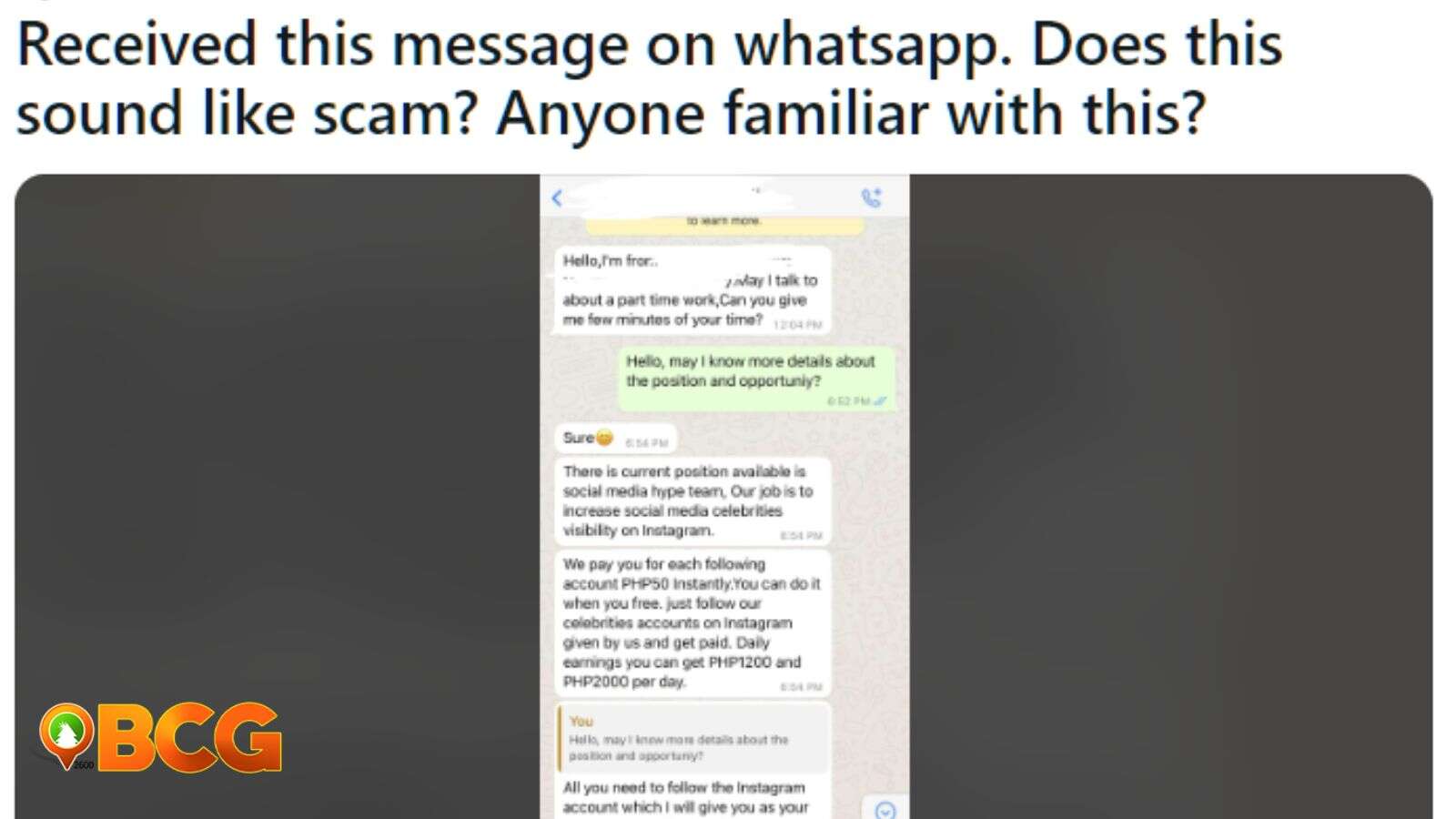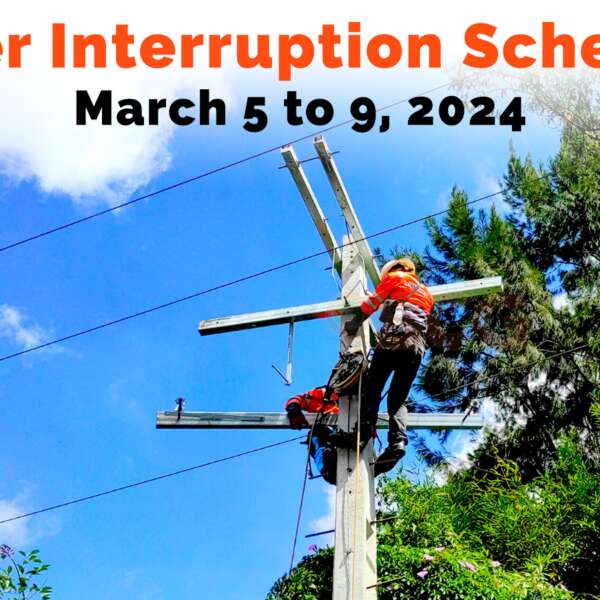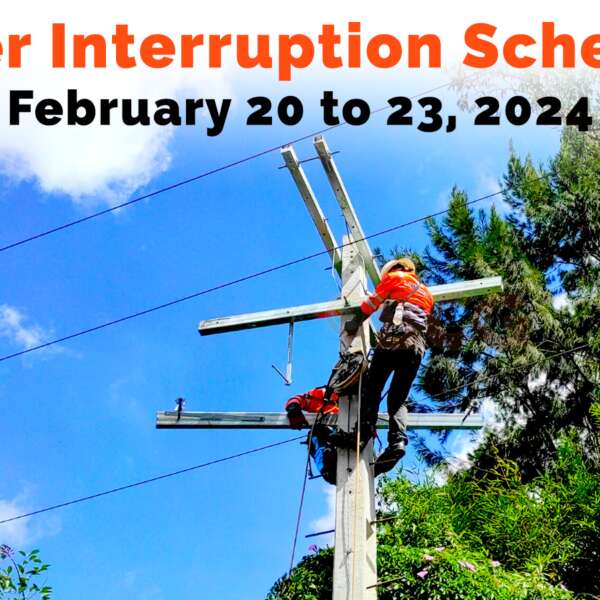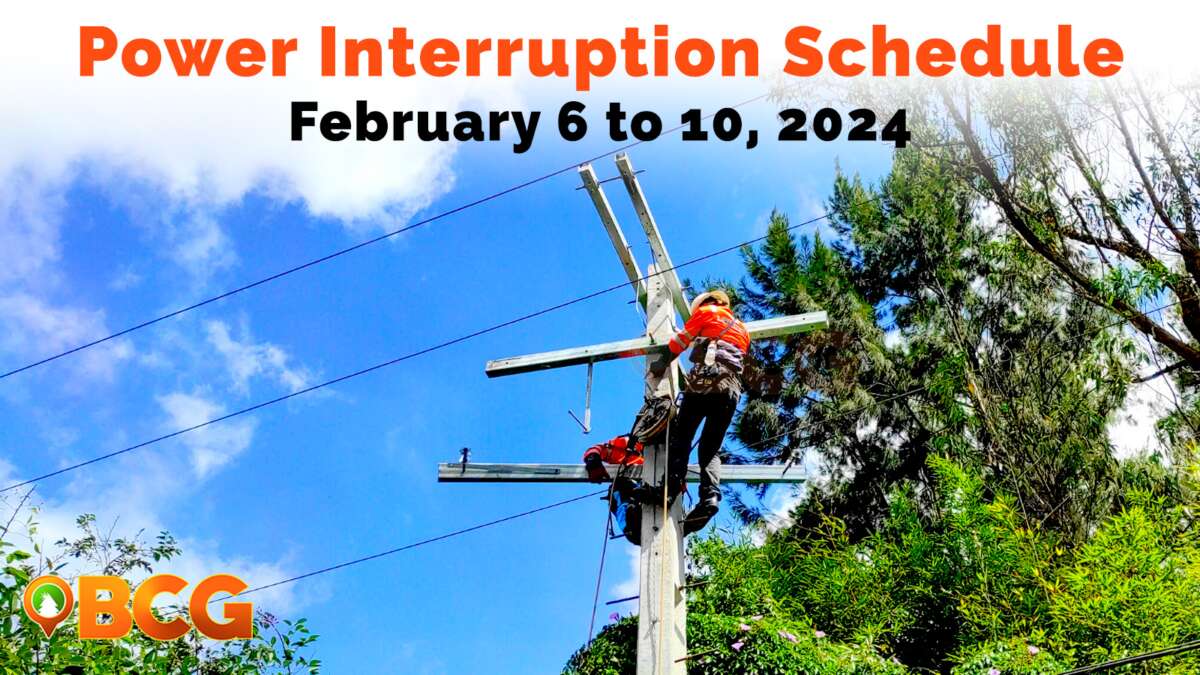Scam alert: Beware of fake job proposals on WhatsApp
In our hyper-connected world, platforms like WhatsApp have made communication easier than ever before. Unfortunately, they’ve also created an avenue for an old nemesis to evolve: scams. One such scam currently making the rounds involves job proposals on WhatsApp. Understanding this issue, its potential impacts, and how to protect yourself is crucial.
Fake job proposals on WhatsApp usually involve messages from unknown numbers or contacts. These messages typically include an offer of a seemingly lucrative job opportunity that requires minimal effort or qualifications. It might seem like the perfect opportunity: an easy job with good pay. The catch, however, is that these job proposals are not real.

Post courtesy of Reddit user meizymango
Scammers use these fake job offers as a ploy to extract personal and financial information from their victims. This can lead to a host of problems, including identity theft, financial loss, and a breach of privacy.
The Modus Operandi
Scammers often craft their messages to seem as legitimate as possible, employing company logos, official-looking documents, and even fake testimonials. They may promise high salaries, work-from-home options, flexible hours, or other benefits that might seem too good to be true — because they are.
Someone messaged me in WhatsApp pero di ko kilala tapos nag o-offer sa akin ng “work”. Legit kayo to?
by u/StrobriKotonKendi in buhaydigital
Once you express interest in the job, the scammer may ask for personal details like your name, address, date of birth, and even bank details. They might insist that they need this information to process your employment. Alternatively, they might ask for a fee to secure the job, a training fee, or a payment for a background check.
According to some reddit threads, some scammers will actually pay you at first and will eventually encourage you to avail of their “pre-paying” tasks, wherein you will pay to get the gig with the promise of huge returns.
Remember, legitimate employers will never ask for sensitive information or money upfront via messaging apps like WhatsApp.
Related: Scam Alert: Top 8 Emerging Scams to Watch Out for in the Philippines
Facebook scam: Ingat sa hacked na verified pages na nagpapanggap bilang Meta Ads at Google Bard AI
Protecting Yourself
1. Be skeptical:
If the offer seems too good to be true, it probably is. Remember that legitimate jobs require qualifications, interviews, and often a long hiring process. Be wary of job offers that promise high rewards for minimal effort or qualifications.
Understanding how to identify fraudulent messages can protect you from scams. Here are several key indicators that a message may be suspicious:
- Unexpected Message: If you receive a message out of the blue, particularly a job proposal, this could be a red flag. Legitimate companies typically do not send unsolicited job offers.
- Unrecognized Sender: A message originating from an unknown number or unfamiliar email address warrants caution. Authentic businesses usually have recognized contact details.
- Suspicious Links: Beware of messages that include hyperlinks. It’s best to avoid clicking these, as they could lead to malicious websites aimed at stealing your information.
- Too-Good-To-Be-True Offers: If a job offer promises unusually high salaries or highly flexible working conditions without requiring qualifications or experience, it’s likely to be fraudulent.
- Requests for Money or Personal Information: Scammers often ask for money upfront for supposed fees or require you to share sensitive personal details like your CV. Legitimate employers won’t ask for these via platforms like WhatsApp.
- Poor Language and Grammar: Pay attention to the quality of the message. Scam messages often contain spelling mistakes and poorly constructed sentences, which could indicate a fraudulent scheme.
2. Research the Company:
Before providing any information, research the company. Find out if it exists, look for an official website, and check if the job offer aligns with the company’s field of work. Scammers often use names that sound like real companies to confuse victims.
3. Validate Contact Information:
Legitimate businesses rarely use WhatsApp as their primary means of communication for job offers. Check if the contact number is listed on the official website of the supposed company.
4. Don’t Share Sensitive Information:
Never share sensitive information like your banking details, your Social Security Number, or your address with anyone you don’t trust completely. A genuine employer will never ask for these details on WhatsApp.
5. Report Suspicious Messages:
If you receive a message that you suspect is a scam, report it to WhatsApp and your local authorities. This could help prevent others from falling victim to the same scam.
In conclusion, as our reliance on digital communication platforms continues to grow, it’s crucial that we stay vigilant to the potential pitfalls. By being aware of scams like the WhatsApp job proposal scam, you can protect yourself and your information. Remember, when in doubt, it’s better to be safe than sorry. Stay informed, stay skeptical, and stay safe.















